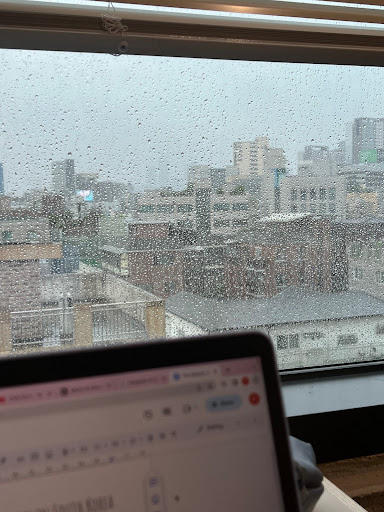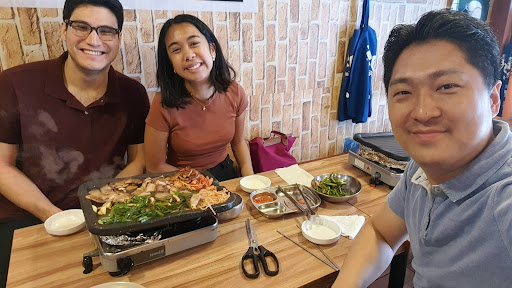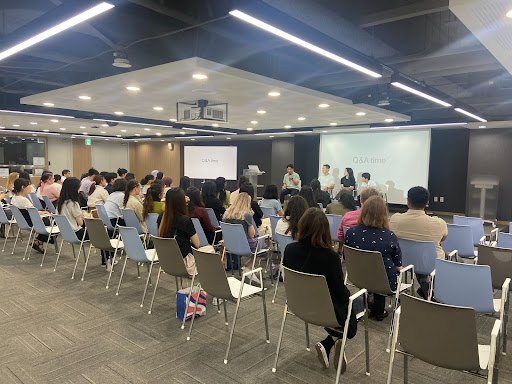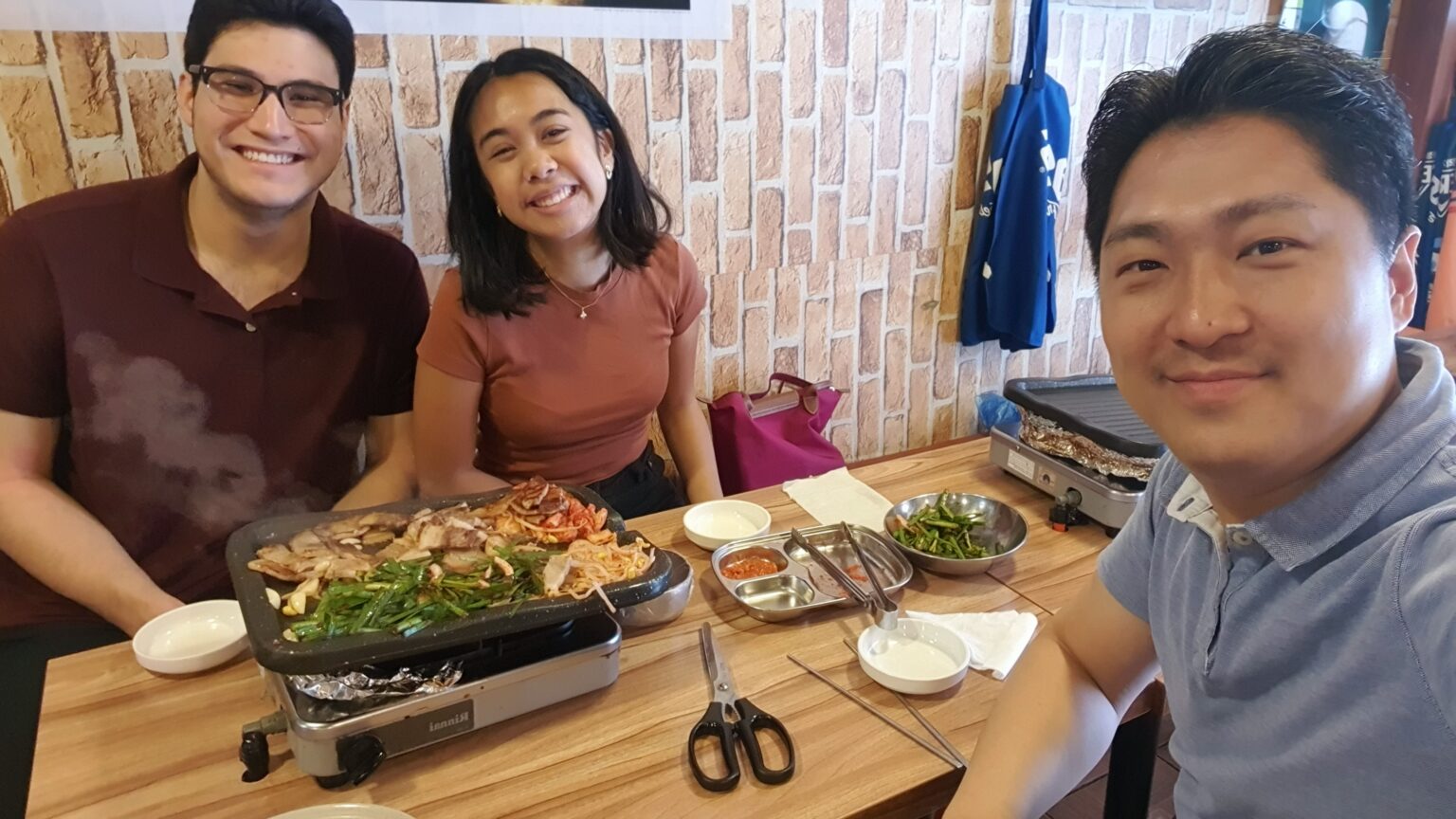
Securing an internship of any kind is always exciting. Internship experiences can serve as your chance to get a glimpse into the everyday realities of your future workforce. They can also be a time when you venture into the different industry career paths you have always been curious or passionate about. To me, internship experiences not only serve as endless opportunities for you to learn about yourself, but from other peers and professionals as well.
At the same time, internships can be nerve wracking, and rightfully so. As you work in a brand new environment for the first time, you must promptly learn everything from adapting the company’s values and work ethics, adjusting to new coworkers, and of course, understanding what you as an intern, can do to best support those around you. As a foreigner set to work in Korea for two months, it was safe to say that I felt the effect of these nerves. Working at KoreaAgain as an intern would be my first internship ever, and it was going to be across the other side of the world. While I was intimidated, I arrived in Korea feeling ready to learn and embrace a new international professional experience.
As I approach my first month working here in Seoul, South Korea, equipped with my firsthand experiences and conversations with my CEO, I’m here to tell you the three tips that will demonstrate a respect and understanding of Korean culture and impress your Korean boss and coworkers overseas.

1. Calling Your Boss/Supervisor By The Proper Title
Depending on your company’s culture, your boss or supervisor may expect you to call them by different titles. Unlike in America where it is common for employees to use Mr./ or Mrs. before their supervisor’s name or even on a first name basis, that will not always be the case here in Korea. It is better to be safe than sorry and change the title you use depending on what your supervisor communicates to you. So, to demonstrate respect, you can call your boss daepyonim (대표님).
- You might say “Annyeonghaseyo daepyonim,” while bowing your head slightly to greet them.
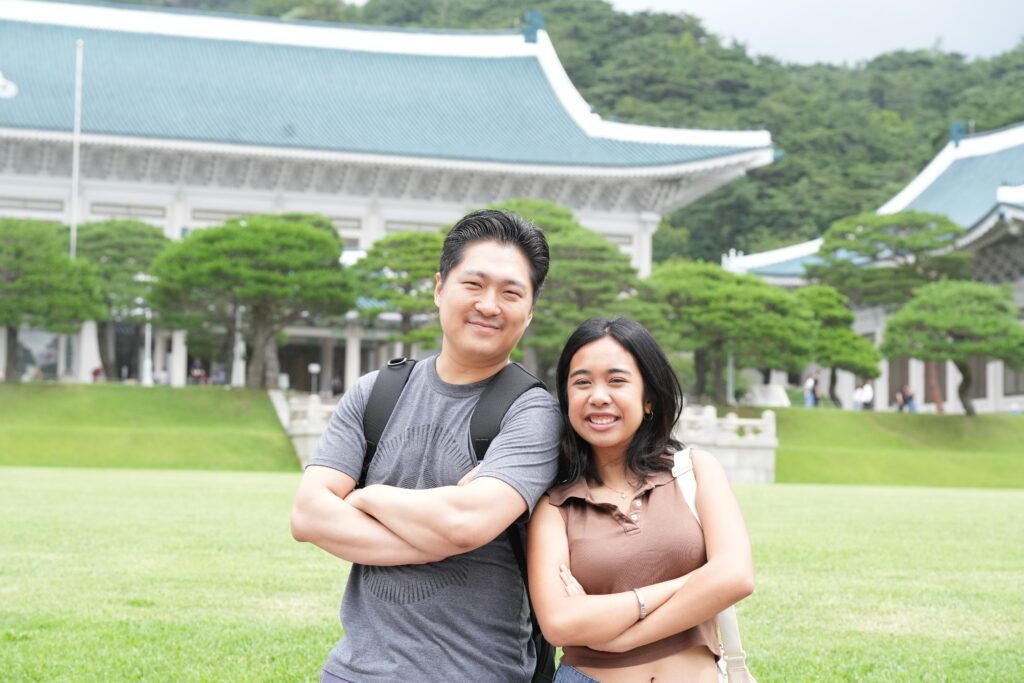
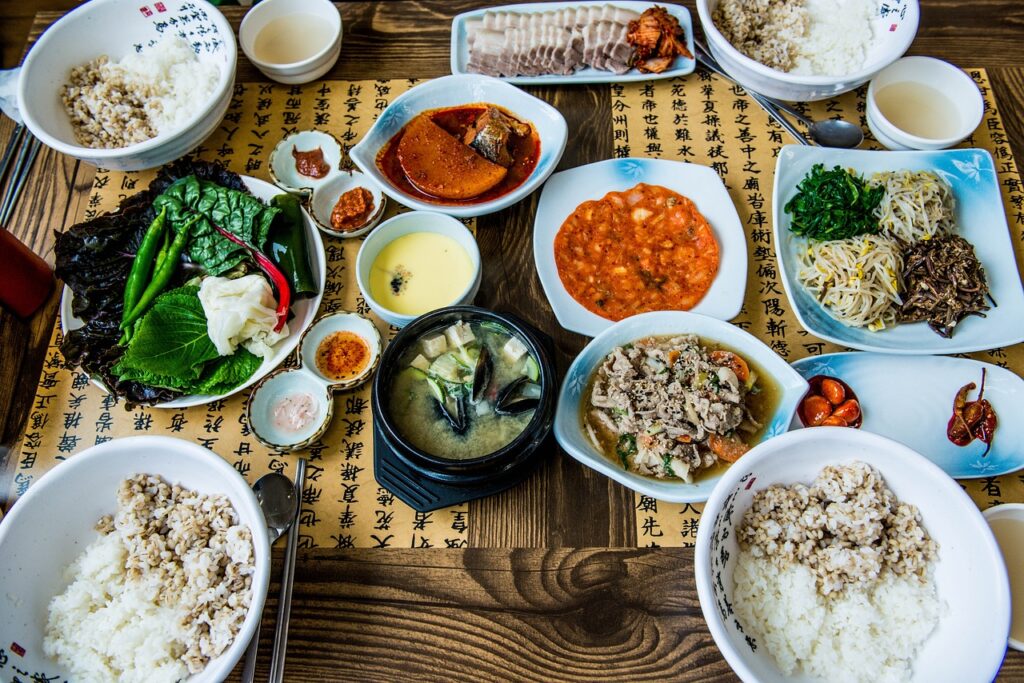
2. Table Manners
In Korea, table manners are a very important way that you can demonstrate your respect. Oftentimes, it is typical for some companies to take their interns out for lunch, dinner, and even drinks after work. Typically, whoever is youngest will do the following, but my suggestion is that if you are new, you should do this for all of your colleagues. As soon as you sit at the table, you should make sure you place down napkins and then lay down the chopsticks and utensils for each of your colleagues and boss. Water in some establishments is self-serve, but in other places, the server will bring a jug of water to the table. In both cases, make sure that you are the first to serve your colleagues and bosses their water. If you go to an establishment where the food is
prepared in front of you, you should also take initiative to cook for your team and serve them as well! When the food arrives, it is also respectful in some company cultures not to eat or even pick up your utensils until your boss has eaten first. Before eating, you will say, “맛있게 드세요 (ma-sit-kke deu-se-yo)” or “잘 먹겠습니다 (jal meo-kket-ssum-ni-da)” meaning “Please eat deliciously” and “I will eat well” respectively!
3. Nunchi
Nunchi is a Korean concept that means understanding and doing what is expected of you without being told. Nunchi is actually something that a person can have. I was told by the CEO of my company that when you say a person has nunchi, it is the best compliment you can receive! Having nunchi comes down to being able to grasp the social cues of a situation, or reading the room. For example, if you see your colleague cleaning up a part of the office, offer to help without being asked. Showing initiative and demonstrating consideration for others’ needs will reflect positively on your work ethic and character.
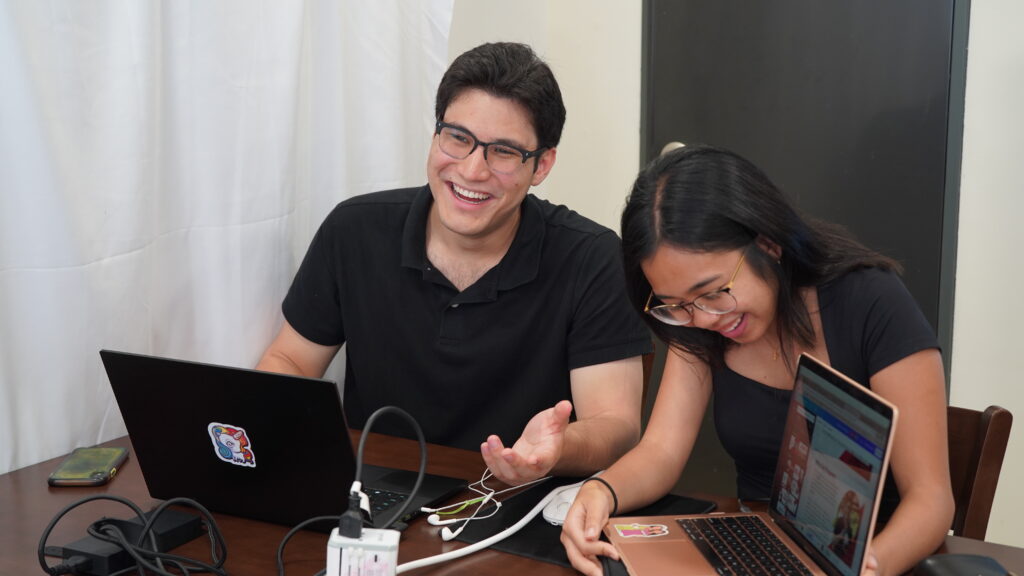
During a conversation with my CEO, he mentioned that Korean companies generally don’t expect foreign employees to be familiar with basic Korean business etiquette. By incorporating the three discussed tips into your own work experience in Korea, you can demonstrate to the company that you have invested time and effort into understanding, appreciating, and respecting the culture you are immersing yourself in.














